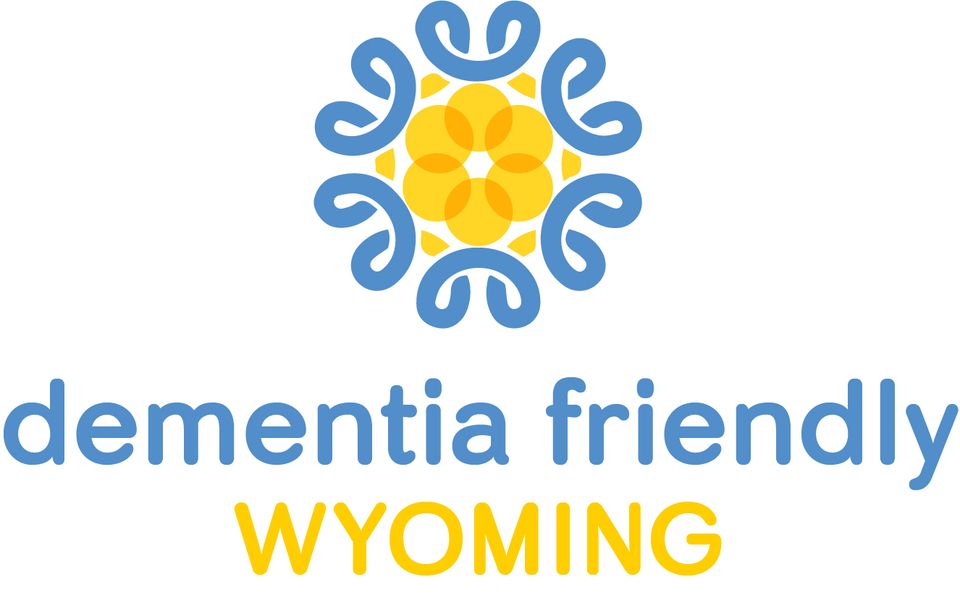Health Care Professionals
Alzheimer’s disease often goes unrecognized. Why?
In the early stage of Alzheimer’s disease, many patients:
- Look normal
- Behave appropriately
- Often fail to recognize their cognitive deficits
- Report plausible histories (though they are unreliable historians)
- Report good adherence to provider recommendations
- Believe what they tell the provider (and are believable)
- Cannot be readily identified without objective cognitive screening/testing.
Importance of Timely Disease Detection
Timely detection and diagnosis of Alzheimer’s is critical for improving the physical, emotional and financial impacts of the disease. Unfortunately, medical providers do not routinely assess the cognitive health of their patients, leading to delayed Alzheimer’s diagnosis and post diagnostic care. Currently, less than 35 percent of people with Alzheimer’s disease and related dementias have the diagnosis documented in their medical record.
Why is timely diagnosis important?
Alzheimer’s Disease International’s World Alzheimer’s Report 2021 describes nine benefits of early diagnosis:
- Optimize current medical management—attention to treatable causes, exacerbating factors, and medication review.
- Relief gained from better understanding—validation of concerns, and a framework for understanding the origin and nature of symptoms.
- Maximize decision-making autonomy—the chance to make important decisions about the future while still retaining mental capacity.
- Access to services—timely access to medical care, advice and support, all of which require a diagnosis.
- Risk reduction—safety at home, driving assessments, anticipating and avoiding adverse effects of medications.
- Plan for the future—early retirement, financial planning, safety and security issues.
- Improve clinical outcomes—slowing or stabilizing cognitive and functional decline (slow progression of cognitive and functional impairment).
- Avoid or reduce future costs—chiefly through delaying or avoiding transition into a care home.
- Diagnosis as a human right—both to have access to an accurate diagnosis, and to be informed of it or not, according to one’s preference.
